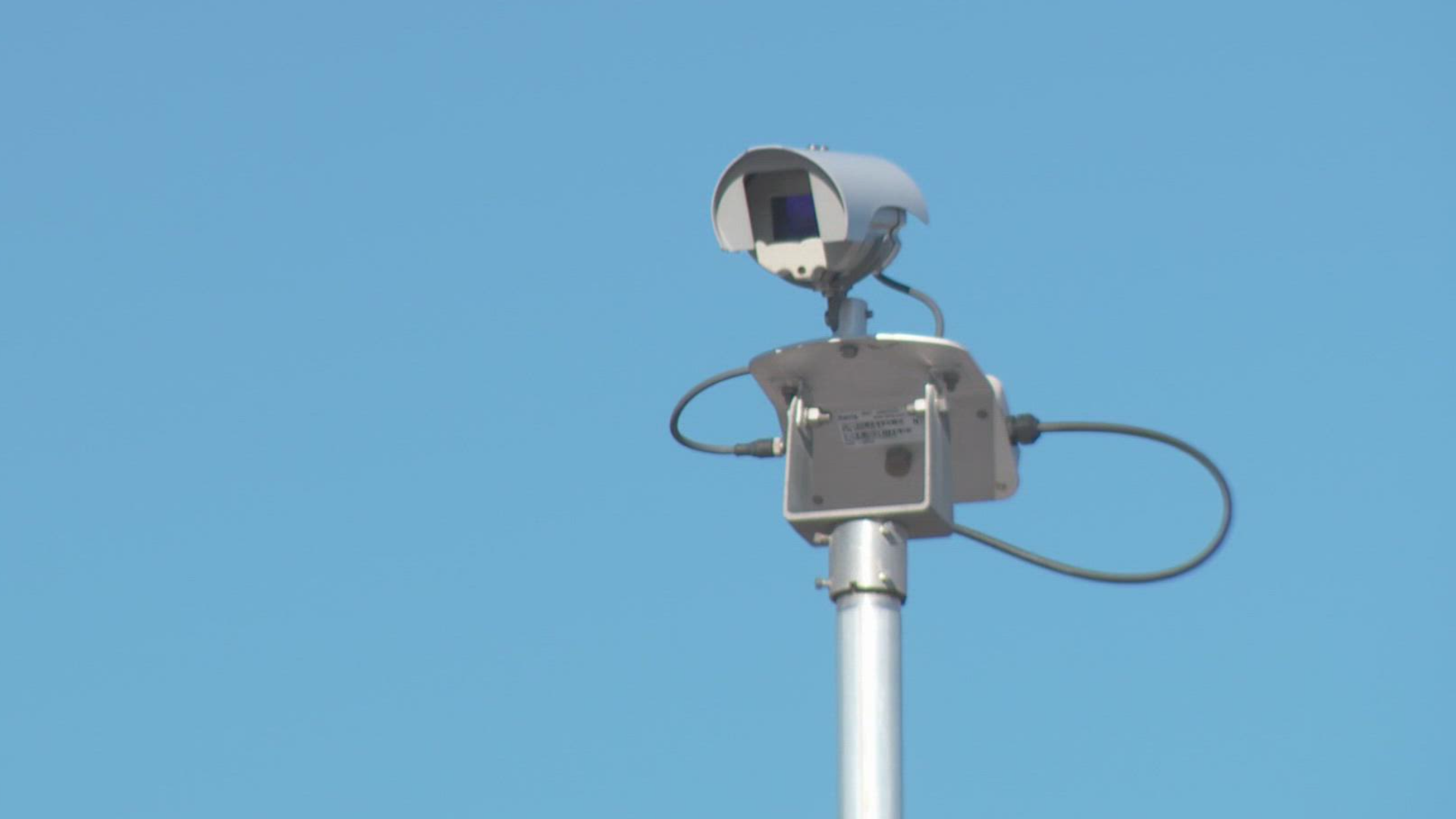MINNEAPOLIS — At what the city has identified as a "high-injury" street and intersection, cars buzz past at a steady pace.
Bollards in the shape of a "bump out" exist to protect pedestrians at each crosswalk, but some have been flattened to the ground, presumably because they have been run over by a vehicle.
"Everyone should be safe moving around our city and that's our goal," Ethan Fawley said.
Fawley is the program coordinator for Minneapolis' Vision Zero Action Plan, which aims to end traffic deaths and severe injuries by 2027.
In a recent meeting with public works, Vision Zero newly identified 29 miles of Minneapolis streets as "high injury." There, Fawley also highlighted curbing speed as a priority, possibly using cameras.
"City of Minneapolis has been interested in speed safety cameras for some time, that's because we know they can help make our streets safer for everyone," he said. "Last year in Minneapolis, we saw 23 people were killed in our streets for traffic crashes — that's unacceptable."
Currently, the state of Minnesota does not allow photo monitoring for speeds. Eighteen other states allow such methods.
There are cameras at certain intersections solely used for traffic management, like the timing of changing lights, but none are dedicated to speed enforcement.
Fawley said he's hoping two bills that will go in front of the legislature will allow a pilot in Minneapolis.
"What we're asking at the legislature is a three-year pilot program that will allow us to try it out," he said.
He said the plan that's been drafted takes into consideration some concerns the public has raised about privacy and fairness.
"We're just taking a picture of the license plate, not of the driver," he said. "And then the ticket goes to the owner of the vehicle. But if you weren't driving, there's a system where you can have the fine not to happen."
Fawley explained that the fine of $40 would not go on the driver's record, therefore, it wouldn't impact insurance rates.
"People know you're going to get a ticket if you speed, so that changes the behavior, which is the goal of any enforcement," Fawley said. "It's to reduce the unsafe behavior costing people their lives on our streets."
Minneapolis' pilot is drafted to focus on school and work/construction zones. If the bills pass, Fawley said it would be around a year before the pilot kicks off in any shape.
Watch more local news:
Watch the latest local news from the Twin Cities in our YouTube playlist:

